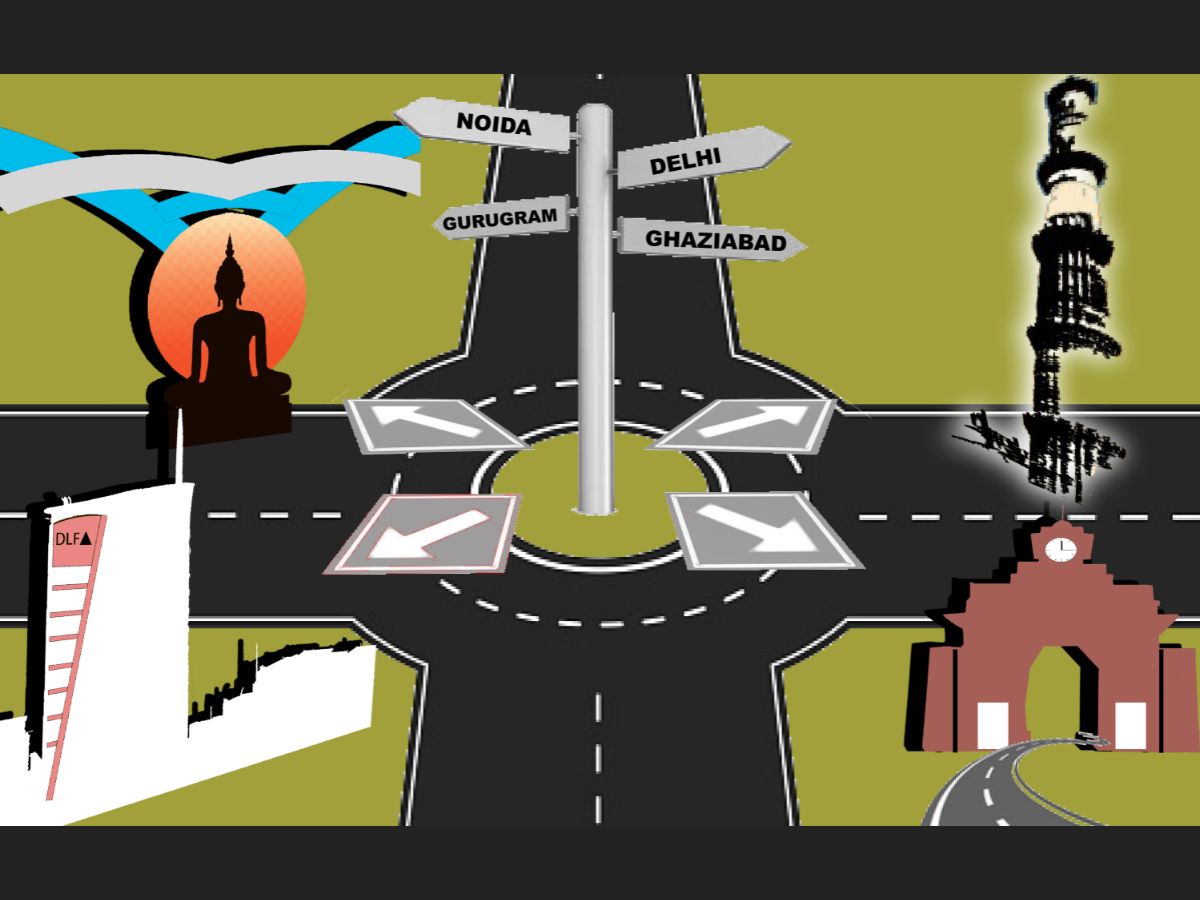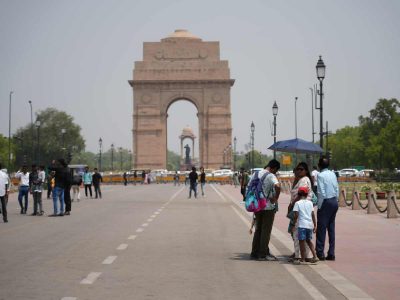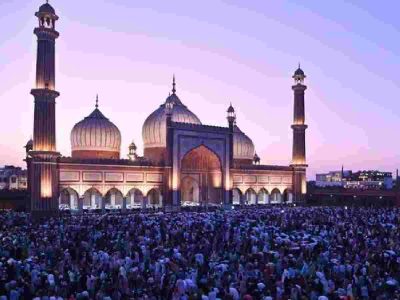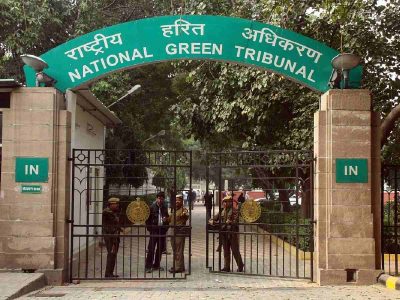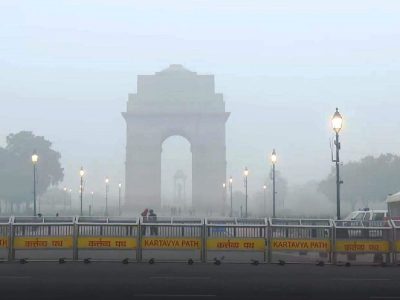If you inhabit the Delhi-NCR region, life is never easy. Whether you are a student or professional, homemaker or trader, entrepreneur or executive – the whole working day can be a mad rush but there is enough to entertain and amuse.
Yet a lot of people who live in Delhi and its satellite cities simply cannot imagine living elsewhere. This is in spite of the usual irritants of erratic power and water supply, bad roads, polluted air and overburdened public transport. The jobs are here and so are the best educational institutions, so most people who migrated from other parts of the country stay put. They appreciate the benefits but don’t think the smart city concept is anywhere near realization.
New Delhi
There is no doubt about it, New Delhi has been pampered with the best facilities by the government because it is the national capital. Citizens may be sceptical but the experts who can take an overarching view declare it No. 1.
As per Amit Kumar, Assistant Professor, School of Planning and Architecture, “New Delhi has better accessibility options such as a multimodal transit system, buses throughout the city, railway connectivity, airport and Intermediate Para Transit (IPT).”
One citizen who agrees whole-heartedly is Joshy George, who has been living with his family in AV Nagar, New Delhi for a good 15 years now. He points out, “Delhi Metro is the best mode of transport; it connects you throughout the NCR region.”
Apart from the traffic at peak hours, other forms of transport are also available: “There are buses every 5-10 minutes and DTC accommodates women for free, which is another advantage.”
Once a native of Old Delhi, Media Relations and Marketing Executive Alisha has been residing at Saket for the past 31 years. Though she agrees that Delhi Metro and DTC buses make every area accessible, she does not use these for her daily commute. She is concerned about surge pricing by Uber and Ola during emergency situations and erratic availability of auto-rickshaws.
Alisha gives top marks to Delhi for being the hub of educational institutions. “Within a 5-10 km radius, there are about five private schools and 7-8 government schools,” says Alisha. Delhi also has the best colleges and universities, which attracts many youngsters.
The downside is that water shortages are pretty common in Saket, as in various parts of Delhi during the summer season. She says, “Currently water scarcity is a major issue in our locality, but the authorities are mum about the issue and aren’t ready to communicate with us.”
Juna Wilson, residing in Paschim Vihar for the past nine years, also rues this fact. He adds, “The MCD water supply is irregular during the summer.”
He lives in a society with 24×7 CCTV surveillance, so there is not much concern about the safety issue.
But that’s not the case for women in the city. With crimes being reported every day, safety concerns are rife. “There are so many dark spots even inside a gated society that even if we drive our car, we have to be extra careful.”
“Walking alone or with someone at night is not advisable”, agrees Alisha.
What about relationships with neighbours and other people? “That depends upon your own time and availability,” says Manju Singh, a housewife living in Ashok Nagar for the past 12 years. “I am in touch with a few people from my own place (Bihar). I am too busy with work to socialise.”
The proper availability of electricity since the privatization of distribution is something that almost all the residents boast of. “BSES staff are well behaved if we reach out to them for enquiries and they do inform us prior to power cuts”, adds Singh.
Based on her observation, the police are strict. She adds, “I can’t speak for every officer, but they seem like they could be nasty in traffic incidents.”
For 22-year-old Jasmine Teresa Thomas, born and brought up in Dwarka, the mini township near Delhi airport is the most happening city with multiple food chains. Liquor is also accessible, but certain shops aren’t that women friendly — unlike in Gurugram, she claims.
Culturally rich Delhi is known for its galleries, museums and theatre circuits. There is always something to enjoy for people of all ages.
Puneet Verma, environmentalist, says he has seen more citizens from Delhi being interested in waste management, tree plantation and terrace gardening activities as compared to neighbouring cities.
“Only micro efforts can help tackle the mega issue of waste generation and pollution in cities,” says Ranju Minhas, educationist, innovator and environmentalist.
She points out that the ban on single-use plastic seems like a joke as polybags use is rampant among vegetable and fruit vendors. Efforts of the municipality are limited to training on segregation of house waste. A simple timetable for dry and wet waste collection days will solve the issue of mixed waste.
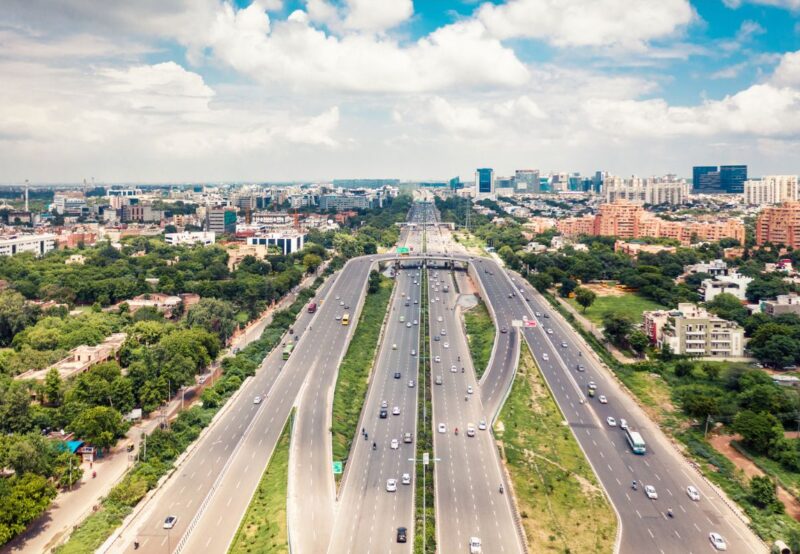
Ghaziabad
With Delhi not in a position to accommodate everyone coming to the city, cities such as Noida, Ghaziabad and Gurgaon have turned into residential hubs in the past decade, says Bhupal Chaudhary, who deals in real estate.
Today’s residents of Ghaziabad may not know it, but the area was initially named Ghaziuddin Nagar, as it was founded by a Mughal minister Ghaziuddin Khan in 1740 AD. Situated on the banks of river Hindon, it served as a picnic spot for the erstwhile members of the Mughal royal family.
The demographics of the area changed with the influx of refugees after the partition of India. Ghaziabad became a major resettlement colony. Now, with a population of 17.29 lakh, as per Census 2011, the area serves as an important residential hub for people working in Delhi.
Mansi, a social worker based in Vaishali has worked extensively in suburban areas. “Areas such as Indirapuram, Vasundhara and Vaishali are well connected with the nearby areas, and there exists a well-planned road network. But autos and e-rickshaws have become costly,” she states.
Giving an overview of the locality, she explains that there are good government schools but few in number. For higher education, there are universities such as Amity and others in Greater Noida”, she continued.
“The roads and infrastructure have been the most neglected parts of the area”, said Saloni, a resident of Vaishali. As the monsoon arrives, the problem of waterlogging and improper drainage system has again turned into a matter of huge concern.
For example, she says, “A footpath was to be constructed here. Workers offloaded all the materials right in front of my place, and that has been the condition for days. Most of the material has become unusable.” She has no idea whom to contact about this.
Puneet, a musician by profession, agrees that commuting is really good in the area. For those studying in engineering and management colleges in the nearby areas, there are PGs and hostels as well.
“Development in terms of houses and buildings hasn’t affected the greenery of the area,” he says appreciatively. “There are open fields and farms till date, and it would be perfect to say that Ghaziabad gives a mixed feeling of being in a village and in one of the fastest-growing cities at the same time.”
The rapid increase in the area’s population has not made it as congested as Delhi. “I would say that Ghaziabad is a more liveable place with a lot of greenery and open space”, he concludes.
Asked about electricity supply, he states that there are no major problems in areas such as Govindpuram, Kavi Nagar and Shastri Nagar but Vasundhara, Vaishali and Indirapuram suffer from erratic supply.
Not far away, Makanpur village is inhabited by daily wagers working in different fields and small-scale industries. There are poorly constructed houses housing one family in each room and there are mansions in the next lane.
Ram Sanehi, a vegetable seller living in the area, states that they clearly don’t get equal treatment. “We have specified water timings and longer electricity cuts, and the charges are higher compared to Delhi. My relatives residing there have asked us to move but looking at the increasing rent, it seems impossible to do that in the near future”, he concludes.
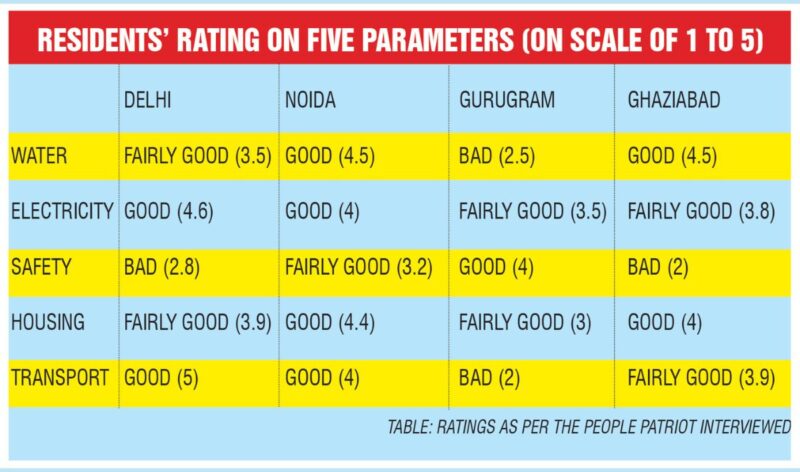
Noida
With the new airport proposed in Greater Noida, big development is expected in Noida.
Transport availability is excellent, says Saurabh Yadav, who lives in Harola. Even at midnight, you can get e-rickshaws, the Metro, cab rides or Vickys for small distances. “However, traffic management remains a major issue, especially in the evening at rush hour. It’s the only problem”, he adds.
If you are on a house hunt, be it to rent or buy, you can check out the boards right on the properties or consult a property dealer. Rents are reasonable. “It’s not a big problem to find a house in Noida, especially if you’re shifting here for work,” says Priya Rai.
Still, “Safety in Noida is a big problem for everyone, as there are some places where you still can’t travel alone at night. These incidents keep on happening, which horrifies us”, she adds.
Art and culture abound in Noida as community centres are dotted all over the city. Music schools for small kids and the stadium in Sector-22 give that extra edge. Amit Pundhir, a graphic designer who moved to Noida for work three years ago says theatrical performances and exhibitions are gaining popularity.
Yet a lot is missing, says Aadish Jain, who has lived in Sector 12 with his family from the last eight years. Overall, there are fewer disputes and fights between neighbours but there is no mutual respect, which is something he misses from his childhood years. But then, even family members have little time for each other except on festivals due to the hectic pace of modern life.
Gurugram
With more and more skyscrapers coming up, Gurugram has an enviable reputation as the hub of MNCs. There is a lot of action on the property front, mostly of office spaces, claims Rampal Chaudary, property consultant in Gurugram.
The availability of water is good as it comes 24 hours a day though in the rainy season it gets contaminated with mud. So says Amarnath Mishra, who moved here from Ashok Nagar in 2015 with his family.
Electricity supply, however, is a major concern, especially during summer. Sometimes it becomes really hard to sleep peacefully, says Deepika Sharma, a student.
Suprisingly, she is not happy with the education facilities. “This is really bothering us. Though schools are situated close to residential areas, they do not offer much. Students are not cared for. Teachers seem like they’re not capable of teaching. Their knowledge of current events is nil, their pronunciation is nil, and their vocabulary is nil.”
An obvious deficit in Gurugram is lack of higher education facilities. “I have to travel 28 km daily to get some knowledge. There are no colleges here”, says Shivangi, who is studying for a Bachelor’s degree in Dental Surgery.
What makes up for the college deficit is the nightlife in the city, which is quite impressive. But only for men: If you are a woman, you cannot expect safety and security, except in posh areas.
“The mentality of the police is one topic that I want to speak about”, says Shivangi scathingly. “The logic is simple: if you are poor, you’ll not get a helping hand. If you have money, you will get immediate help. Quite interesting.”
If you call the police when you’re facing any inconvenience or any harassment, the police always blame the victim. “They always try to make it our fault. If you call the police about suspicious behaviour, they come after three hours. It makes us wonder what their duty is.”
The behaviour of the police is quite disrespectful, especially towards young people, agrees Vidit Jain. “People living in the city can’t depend on the police for any sort of help until they are really rich and can pay them really well, especially in the backward parts of the city”, he alleges.
For more stories that cover the ongoings of Delhi NCR, follow us on:
Instagram: instagram.com/thepatriot_in/
Twitter: twitter.com/Patriot_Delhi
Facebook: facebook.com/Thepatriotnewsindia

